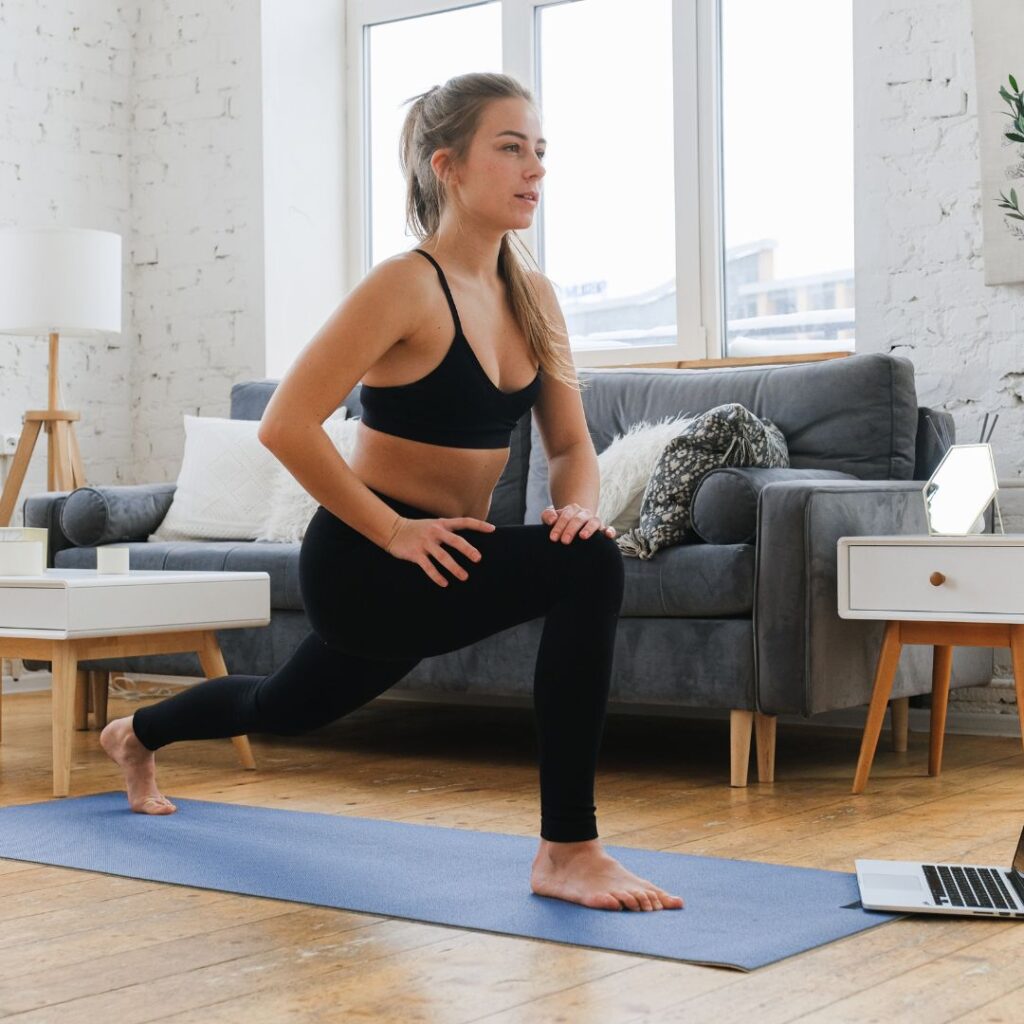
Get your year off to a good start, here are some ideas to improve your self care and mental health.
As we are now a few weeks into 2023 and the holidays are nearly over and the focus slowly moves back to return to work and young people starting the new academic year at school. A new year, there may be a feeling of a fresh start, a sense of enthusiasm, optimism and motivation about the year ahead and the opportunities that may bring. A new year can also bring pressures and challenges, both internal and external. We should make changes in an affirming and self-compassionate way.

Firstly, we would like to suggest that you focus on making your mental health a priority and then working on your goals from that point. Using your mental health as a base for the decisions in your life can help qualify the right options for you. As well as making choices that boost, rather than reduce, your self-esteem.
When we make the choice to allow good mental health to define our experience, we:
- Take the time to reflect on situations, people and environments and assess their influence on our overall health and happiness
- Choose activities and exercise that promote a sense of achievement and well-being over pressure from others or competitiveness
- Make time for relationships, friendships and social experiences that fulfil and support us
- Search for hobbies, sports, activities and events that make us feel good and promote connectivity with your community
- Creates a sense of well-being that keeps us grounded in the present instead of the past and/or the future
- Find it easier to reach out for help when and if we need it.
By choosing what matters most, we can inspire change from the inside out.
We would like to share some healthy habits that will assist you to prioritise your mental health and wellbeing and if you are a parent support your child develop some positive strategies to start the school year. Please read and see which you could include in your schedule.
General Self Care (teachers, parents and professionals)
Mind and Body 
It is important that you look after both your physical and mental health. Having a balanced diet, regular sleep pattern, staying hydrated, engaging in physicalactivity are all essential. It is important to look after yourself and practise self-care. This can be as easy as going for a walk, taking a bath, relaxing or meditation, yoga and mindfulness. Finding time during the day for self-care is important and should be a priority. It does not have to take hours, maybe you set 15-20 mins to engage in some self-care. Engaging in self-care has proven to reduce stress, improve concentration, increase happiness and more.
 Breathing
Breathing
Learning how to breathe effectively will help in many situations. Deep breathing helps lower stress as it sends a message to your brain to calm down and relax. There are many different breathing strategies that you can try to find out which one works best for you. It is worth trying a few different breathing strategies when you are not under stress so that you will be able to use them effectively when you are under stress.
Organisation 
Being organised is important. Consider a few strategies like a calendar, to-do list, decluttering and having a clear workplace. Staying organised will help you reduce pressure and anxiety. Set priorities and realistic time frames to complete your tasks. Remember to schedule some time for yourself on a regular basis.
 Prioritise “Me” time
Prioritise “Me” time
It is always important to take a step back and recharge. Take some time out during your day to just focus on yourself. You do not necessarily have to do something physical, you could listen to music, take a rest or read a book.
There are many ways you could recharge, find something you enjoy doing. It is important to take some time for yourself and reflect on how your day or week went.

Connect
It is important that you have a good support system. Connect to others and share your thoughts and feelings. Research highlights that social connections (whether it’s a friend, colleague or family member) can help to decrease stress, increase happiness and improve overall well-being. By surrounding yourself with people you feel comfortable with, you will feel safe and supported.
 Communication and listening
Communication and listening
Clear communication is very important. No matter how you feel, it is important that you reach out to someone you trust. Try and schedule some time to connect with others. Talking to someone can help you clear and process your thoughts, feelings and behaviour.
As a parent, you may have worries and excitement about your child. Discuss these feelings with them, be mindful that your stresses and worries can also impact your child. Let your children talk to you about their feelings.
If you notice that someone’s behaviour has changed, don’t ignore your suspicions, reach out and start a conversation. Active listening and empathy is very important so that you can understand what the other person is feeling, being present with them is helpful.
Challenge 
Challenge your thinking, if you experience a negative or an unhelpful thought, challenge what you say to yourself. You can question how reasonable, logical and helpful your thoughts really are. Be kind to yourself.
 Check in
Check in
It is important that you check in with yourself, take some time to reflect on how your day or week went. While doing that, it can be useful to jot and monitor your mood and emotions during the day.
Problem solve
You will face problems regularly and it is important that you learn how to solve the problem effectively. When you experience a problem, instead of going with your first solution, try and write down a number of solutions and see which one works best for you.

Write down
Write down, draw how you feel or what you are thinking in order to clear your mind. Journaling, writing affirmations, drawing and doodling are all beneficial, not only do they stimulate happiness but also helps you get to know yourself better. For example jotting down or monitoring your mood and emotions everyday makes you more aware of yourself.
Set boundaries
Try to set healthy boundaries at work and keep your work life separate from your personal life. Try not to overwork yourself, take time off when you are feeling overwhelmed. Reach out & share how you are feeling or if you need some assistance.

Take a break
When you have a long and stressful day, try to take a 10 to 15 minute break, this can make a big difference and help clear your mind. Having multiple short breaks during the day can be effective.
Self-care tips for Parents
Schedule 
Create a schedule for your kids after school, this includes segregating some time to do homework, studying for a test, going out to do some physical activity and having quality family time.
Reach out
Attend meetings and events at your children’s school, to be involved in the school community. This can also be an opportunity to reach out to their teachers and get to know other parents.
Routines
Creating a healthy sleeping routine can help you fall asleep and wake up more easily. Children require at least 10 hours of sleep to be able to function at their best. This includes creating a healthy routine for yourself as well, for example putting away electronics an hour before you go to bed. Try to plan breakfast and lunches beforehand, by doing this you will have more time in the morning before sending your children to school or going to work. Try and include your children in the planning of the routine where possible.
These are just some ways to incorporate self-care and good mental health into your daily routine, you may find other methods that work better for you. Have a try and experiment with a few different ideas and hopefully you will make positive changes in your daily routine.
Enjoy your week.

